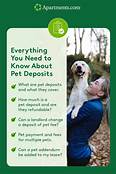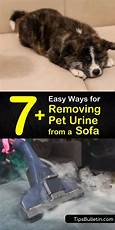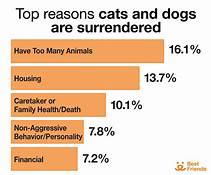Pet Deposits: What You Need to Know
Pet deposits are a common practice among landlords who allow pets in their rental properties. These deposits are typically used to cover the cost of any damages caused by the pet, such as scratches on the floors, damage to the furniture, or stains on the carpet.

What is a pet deposit?
A pet deposit is a refundable fee that is paid to the landlord by the tenant at the beginning of the lease. The amount of the deposit varies, but it is typically equal to one or two month's rent.
What does a pet deposit cover?
The pet deposit is intended to cover the cost of any damages caused by the pet. This can include:
- Scratches on the floors: Pets can scratch the floors with their claws, especially if they are not trimmed regularly.
- Damage to the furniture: Pets can chew on furniture, leaving teeth marks and scratches. They can also scratch the furniture with their claws.
- Stains on the carpet: Pets can have accidents on the carpet, leaving stains that are difficult to remove.
- Odor: Pets can leave behind an odor that can be difficult to eliminate.
When is a pet deposit refundable?
The pet deposit is typically refundable at the end of the lease, provided that the pet has not caused any damage to the property. However, some landlords may also charge a non-refundable pet fee, which is not refundable even if the pet does not cause any damage.
How to get your pet deposit back
There are a few things you can do to increase your chances of getting your pet deposit back:
- Choose a pet-friendly property: Not all landlords allow pets, so it is important to choose a property that is pet-friendly before you sign a lease.
- Get pet insurance: Pet insurance can help to cover the cost of any damages caused by your pet.
- Train your pet: A well-trained pet is less likely to cause damage to your rental property.
- Clean up after your pet: Be sure to clean up after your pet immediately, both inside and outside of your rental property.
- Communicate with your landlord: If you notice any damage to your rental property that was caused by your pet, be sure to communicate with your landlord immediately. This will show that you are taking responsibility for the damage and that you are willing to work with your landlord to resolve the issue.
Bottom Line
By following these tips, you can increase your chances of getting your pet deposit back at the end of your lease.
Declaration: All article resources on this website, unless otherwise specified or labeled, are collected from online resources. If the content on this website infringes on the legitimate rights and interests of the original author, you can contact this website to delete it.





